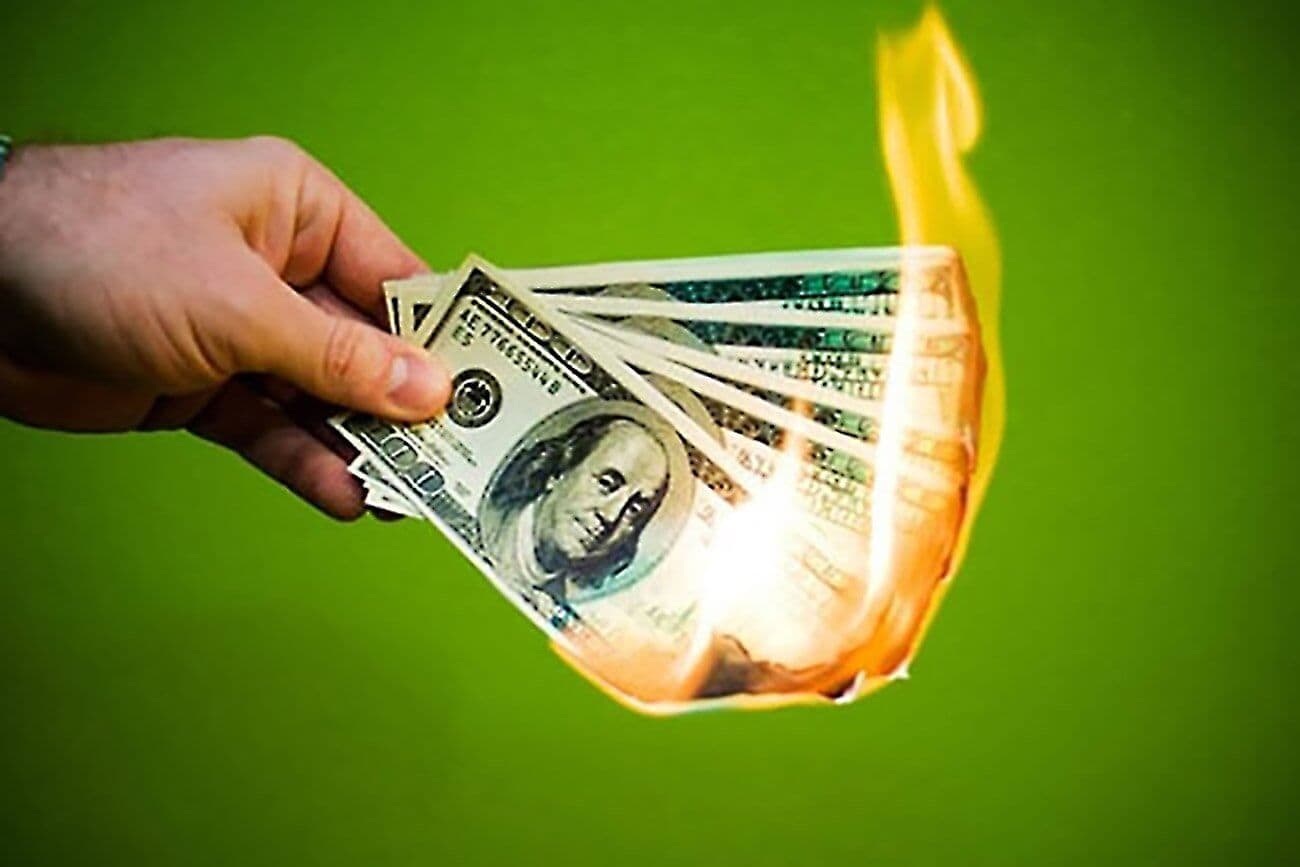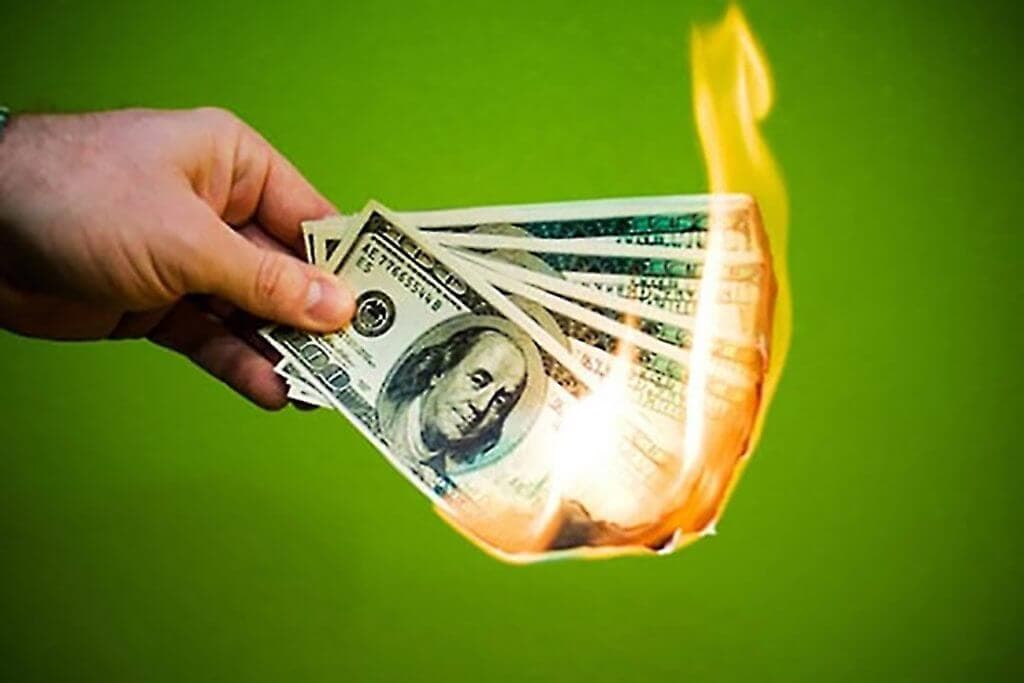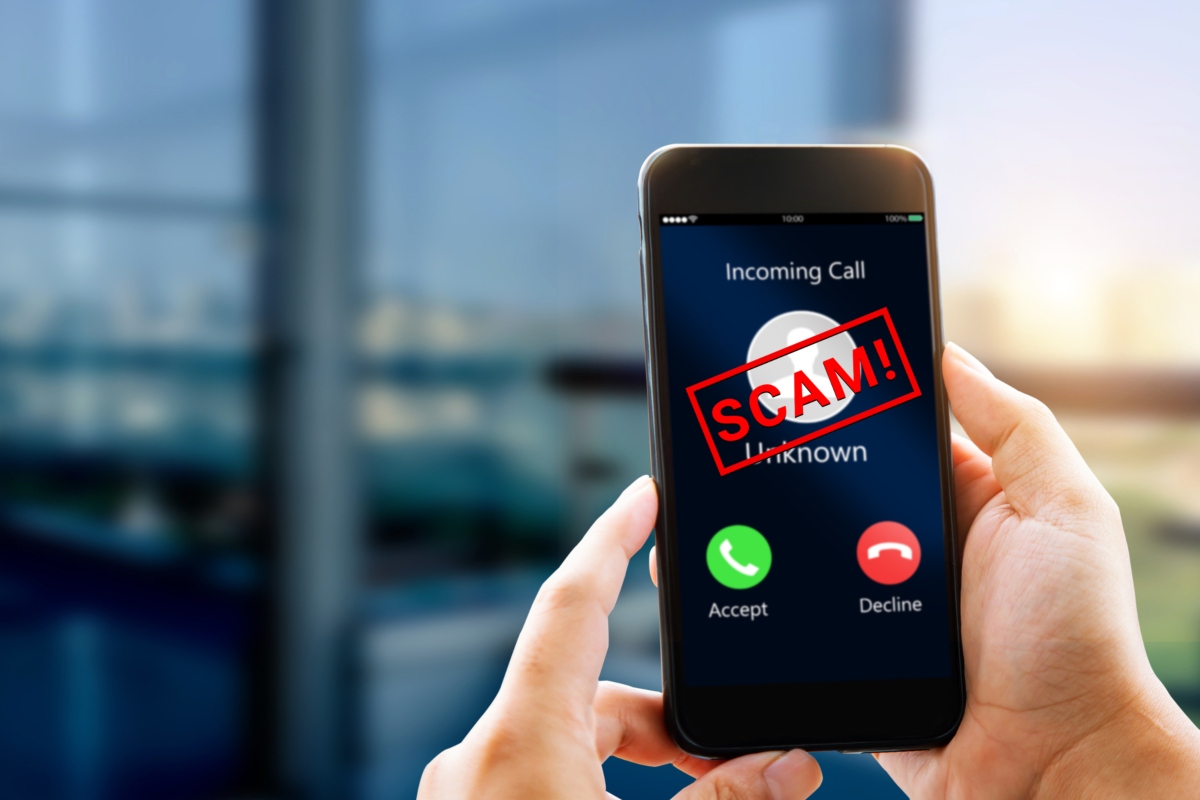What is a recovery scam? A recovery scam is when you have been scammed once, then a company tries to scam you again under the guise that they are trying to help you out of the first scam. Double scam! Sometimes the scammers work together, sometimes the second scammer is just an opportunist working on the vulnerability of the person who has been scammed. The bottom line, however, is that you have been scammed. Read on to find out how to avoid losing money to a recovery scam.
Avoid losing money to a recovery scam
Many people don’t even know that they have been scammed in the past. Sometimes it could be with a prize giveaway, a charity drive that is a fraud, a business opportunity that is fake, and many other scams. If at any time you have paid money to these types of scams, then your name is on a list that is shared by many fraudsters. This list will have your address, phone number, and other information about you, especially how much money you have lost on phony and scamming offers. These fake and lying promoters sell and buy the lists, because there is a theory that states that when people are scammed once they will surely be scammed again. You can avoid losing money to a recovery scam by following the tips provided below:
Tips to Assist You to Avoid Losing Money to a Recovery Scam:
- Any individual that claims they work with a government agency and wants a fee for the investigation is always a scam. You should never be asked for any upfront payment and never to send a wire transfer.
- If a company contacts you and offers to recover merchandise, prizes, or money that you never received and the company wants you to pay the fee money in advance is a scam. No government agency in the United States would ask you for an upfront fee for them to recover any merchandise, prizes, or money that you have lost. They should be reported to the authorities immediately.
- If you agree to use a company to recover money, prizes, or items for you, then you should ask the company what specific services they provide and what the price is for each of the services. The company should be checked out with law enforcement locally, consumer agencies, and the Better Business Bureau.
- Never, ever give out your checking account numbers or credit card numbers to anyone that wants to recover any money or items that you never received.
Remember, the individuals who are operating these scamming companies are experts. They have plenty of experience and they know every trick. If you have been a victim of a recovery scam, then there are things that you can do, which include:
- Contact your local police department to file an official report, but you should remember that there is very little that your local police department can do.
- The State’s Attorney in your area should be contacted, so you can report this fraud. Canadians can contact the RCMP or the Office of Consumer Affairs.
- Contact the FBI via IC3, which is a duo partnership with the FBI and the National White Collar Crime Center.
- Contact the United States Marshals.
- Contact the Interpol – the United States Central Bureau for all international scams.
- Spread the word about the scamming companies by telling your scam story on scam and fraud forums.
You can avoid losing money to a recovery scam when you contact and report the scam to the authorities listed above. There is little chance that you will get your money back, but it will give you justice and a peace of mind knowing that you were a part of shutting down these scamming companies and possibly getting them arrested.









